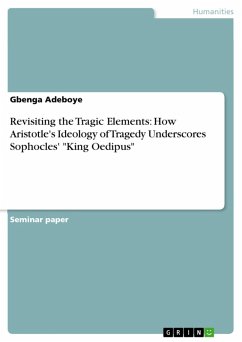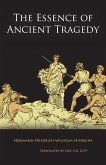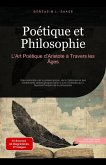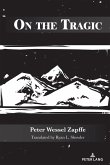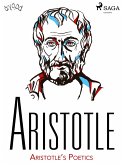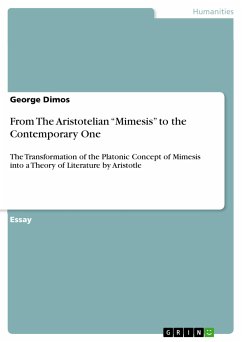Seminar paper from the year 2025 in the subject Philosophy - Philosophy of the Ancient World, grade: Excellent, , course: Dramatic Theory and Criticism, language: English, abstract: Aristotle’s ideological framework for tragedy, as articulated in Poetics, has long influenced the study and interpretation of dramatic works. However, a comprehensive analysis of how these tragic elements manifest in Sophocles' King Oedipus—one of the most celebrated examples of classical tragedy—remains underexplored in contemporary scholarship. This paper addresses the gap by investigating how key Aristotelian concepts—catharsis, hamartia, peripeteia, anagnorisis, and mimesis—are intricately woven into the fabric of King Oedipus, illustrating the play's perfect embodiment of Aristotle's tragic ideals. The study explores the problem of understanding the profound connection between Aristotelian theory and the dramatic progression of Oedipus’s fate, showing how his journey from pride to downfall exemplifies the universal human struggle with identity, fate, and self-awareness. The significance of this study lies in its ability to clarify the relevance of Aristotelian tragedy in modern contexts, demonstrating how ancient principles can illuminate contemporary understandings of human suffering and moral reckoning. Furthermore, this paper contributes to knowledge by providing a detailed, systematic analysis of the intersection between Aristotelian theory and the narrative structure of King Oedipus, offering a refined interpretation of the play's tragic elements. The study not only reinforces the enduring power of Aristotle’s tragic ideology but also contributes to the ongoing discourse on the relationship between theory and performance in classical theatre.
Bitte wählen Sie Ihr Anliegen aus.
Rechnungen
Retourenschein anfordern
Bestellstatus
Storno



